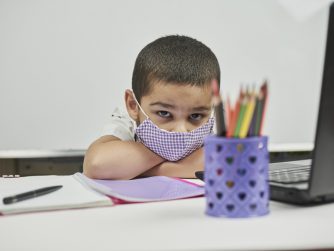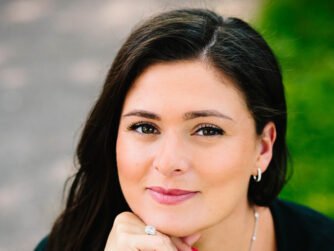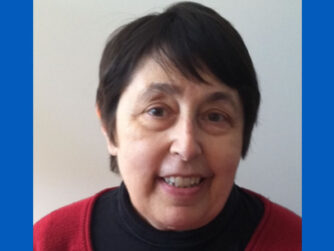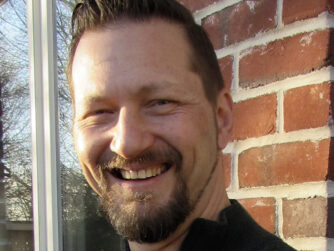“Mind-altering, psychoactive compounds and plants have been used by humans for thousands and thousands of years. There are Indigenous...


“Mind-altering, psychoactive compounds and plants have been used by humans for thousands and thousands of years. There are Indigenous...

“Young Black men who reported higher scores of having ubuntu were more likely to see the benefit and value of seeking professional mental...

“It's an amorphous loss that other people can't see and they can't touch and they can't identify with. It's a prospective grief versus a...

“I don't see my White colleagues talking about racial trauma. And then when I bring it up, it's like that aha moment... And if we don't...

“I'm very interested in helping physicians understand the big questions of what it means to be human, what it means to be a physician, and...

“Trauma matters because trauma produces symptomology, both acute symptomology and deferred symptomology, and all of those symptoms impact...

"Loan debt is growing, and a lot of students are in trouble."

“I became really aware that the way we help parents, will ultimately impact the children that they have.”

I asked them(survivors) what justice would look like if they were ever consulted. What would make things right for them? [T]he thing that...

“[W]hen someone experiences a therapist as being empathic and open and willing to lend an ear, what we sometimes see is that people will...